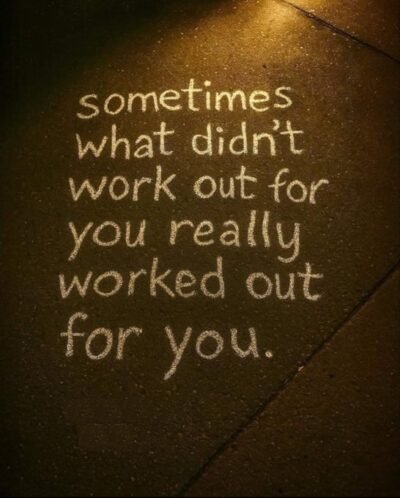If we’re spending more time excusing violence—saying we “understand” or “forgive” men who hurt women—than we are affirming what love and safety look l
Think about how often we say things like:
“He had a hard childhood.”
“She says she’ll always love him.”
“You’re excusing this person, but not that person.”
“You just have to let that hurt go.”
“He’s talented—even though I thought he was better.”
Then compare that to what’s missing:
“If you can’t use your hands to love her, you’re not ready to love her.”
“We don’t clap for men who tear women down.”
“No talent, fame, or power excuses violence.”
Look around you—are we teaching young people how tosuffer better instead of how to protect better? Because that is what you keep telling women and girls who do raise their voices right?
The Reality for Young People
1 in 12 high school teens experience physical dating violence, and 1 in 10 experience sexual dating violence each year.
CDCNearly 1 in 3 U.S. teens will face physical, emotional, or sexual dating abuse before adulthood.
hiprc.org1 in 5 girls and 1 in 10 boys experience physical or sexual violence in teen relationships.
Futures Without Violence NewYoung people often minimize unsettling behaviors—teasing, possessiveness, jealousy—because those have been normalized and taught to feel normal by society.
CDCWikipedia
How Our Messages Shape Their Reality
Communication doesn’t happen in a bubble. When we excuse harmful behavior—publicly, casually, or quietly—we are collapsing what love looks like.
Social norms and media shapes what teens think is “normal.” They learn from us and from what they see on screens:
When popular shows, music, or social media frames men’s outbursts as “passionate” or “misunderstood,” it softens the harsh edges of harm.
Wikipedia+1When we fail to model safe relationships—with words or actions—teens don’t see violence as harmful. They see it as invisible, inevitable, or even deserved.
Wikipedia+1
We Teach Them What’s Safe or Dangerous
If our girls grow up hearing excuses for damage, and our boys grow up seeing men escape accountability simply because they’re loved or famous, then what are we teaching them?
Young people are learning patterns that shape their futures—not just in love, but in politics, business, and personal safety.
Because Real Care Looks Like This:
“Protect her. Not just because she’s vulnerable—but because that’s what respect looks like.”
“Your fame doesn’t make you fearless. Your respect makes you safe.”
“Love demands accountability. No more excuses for those who harm.”